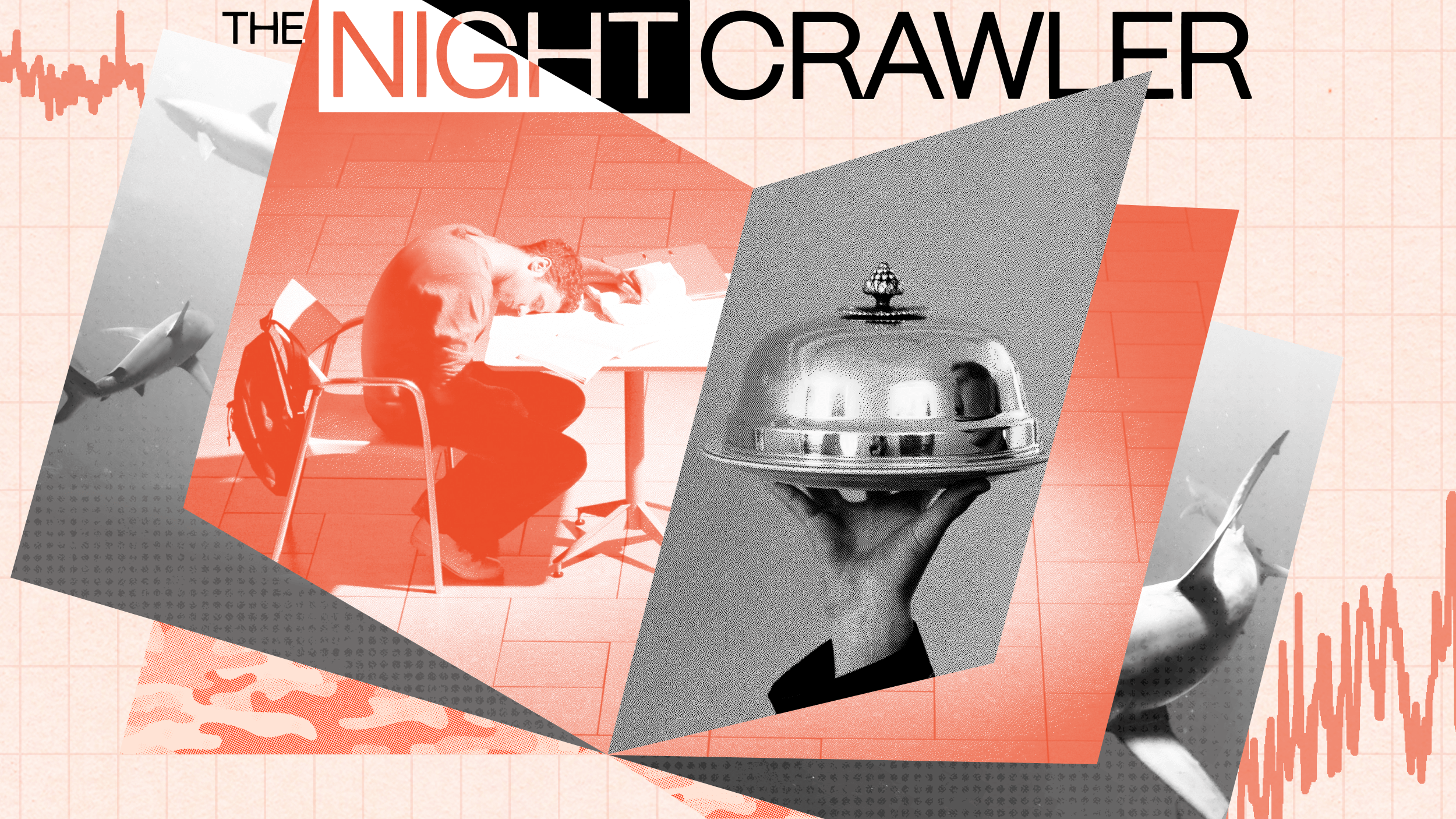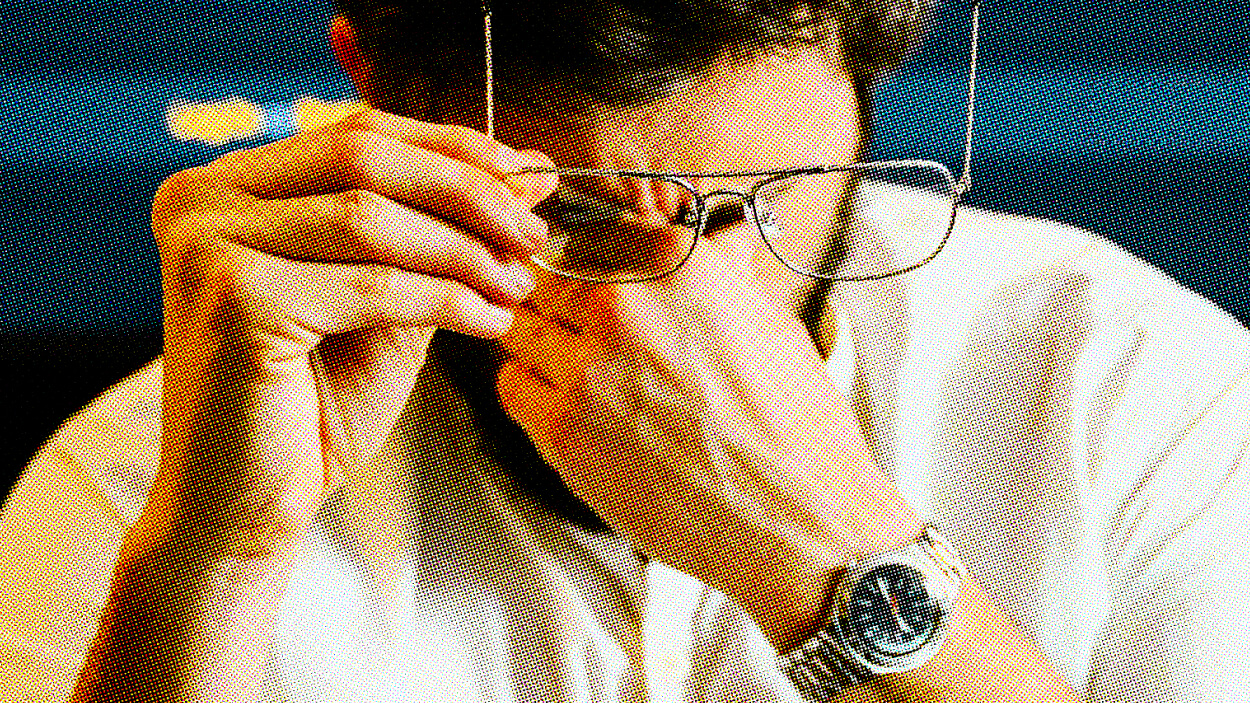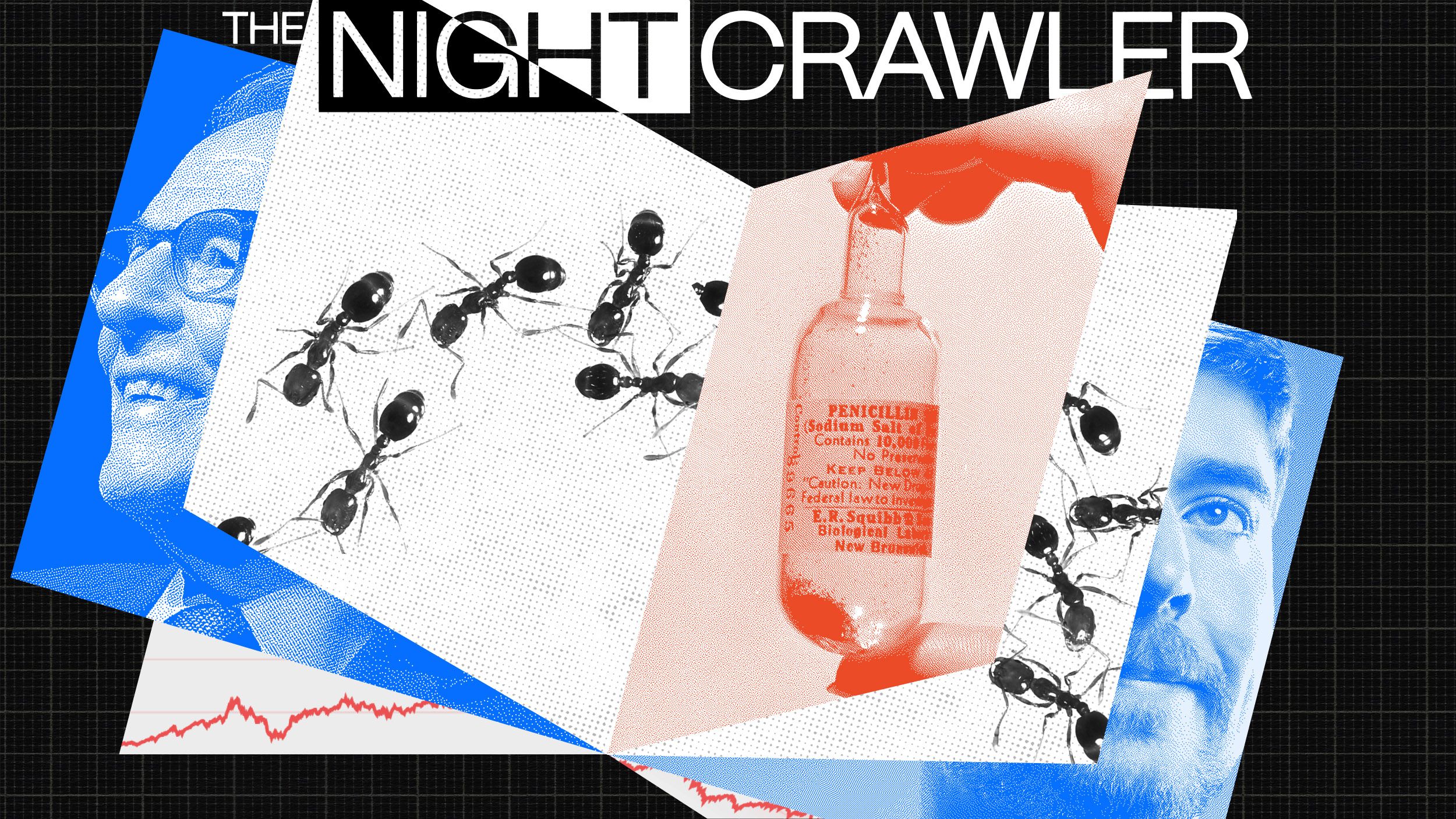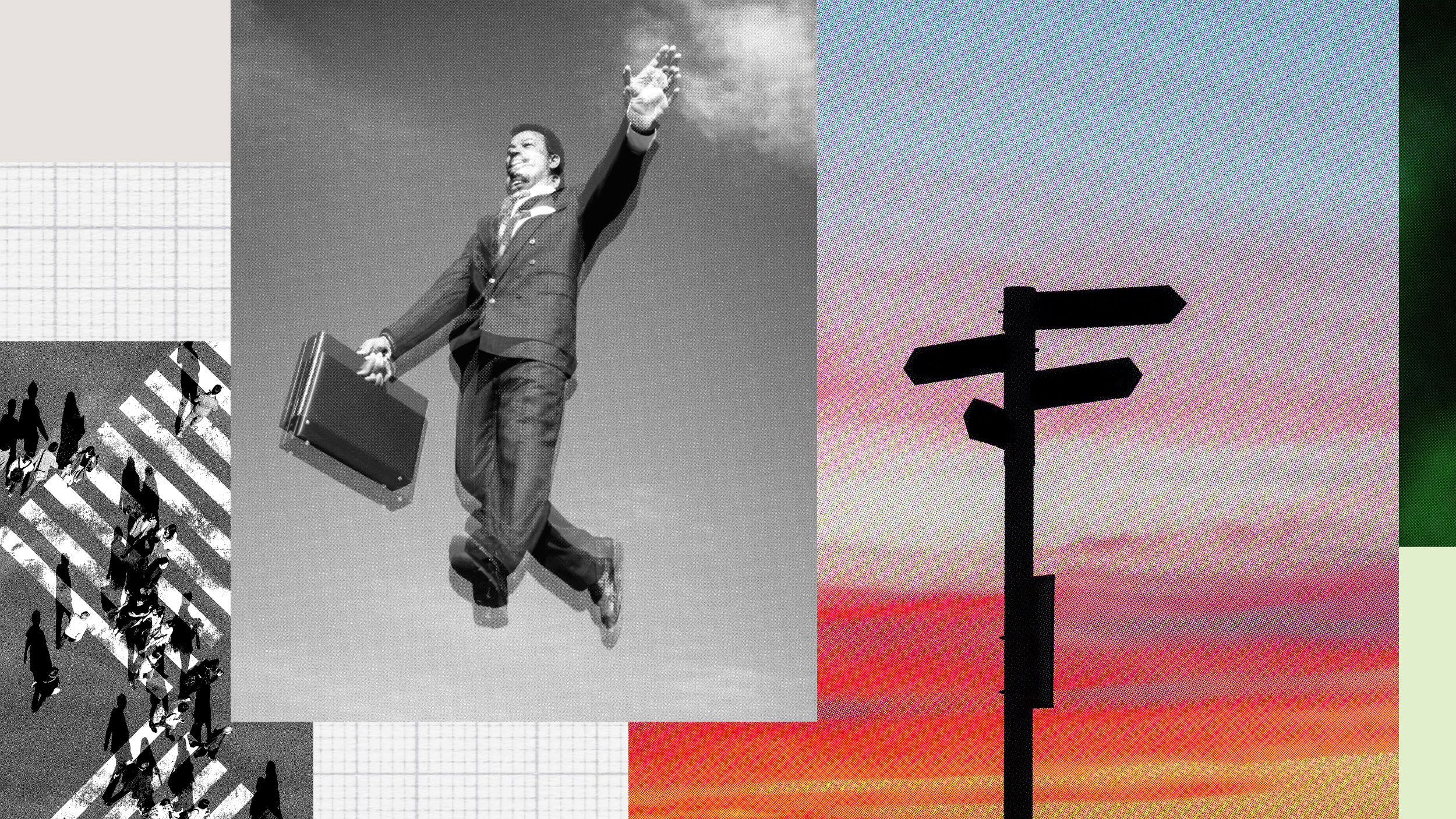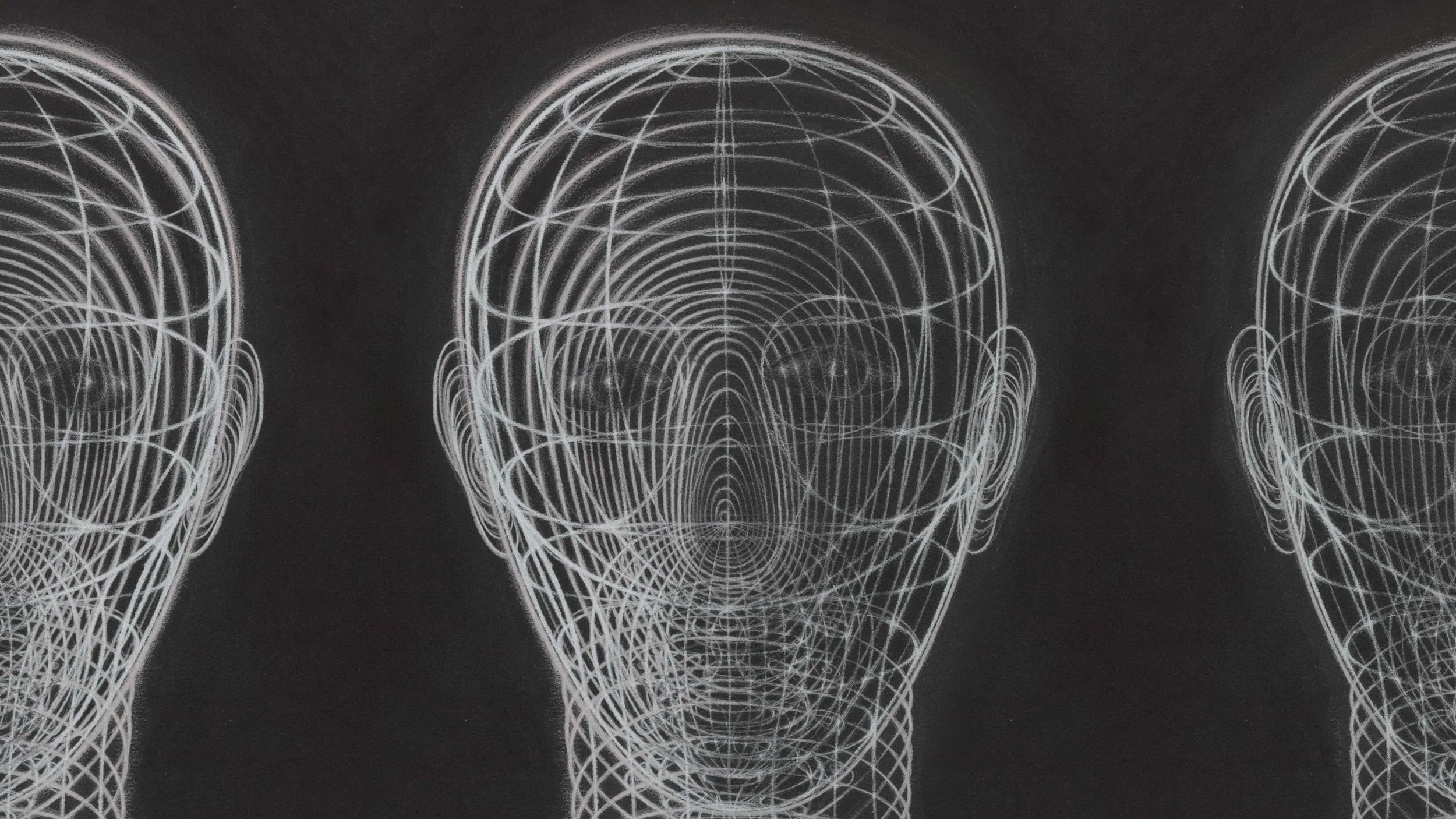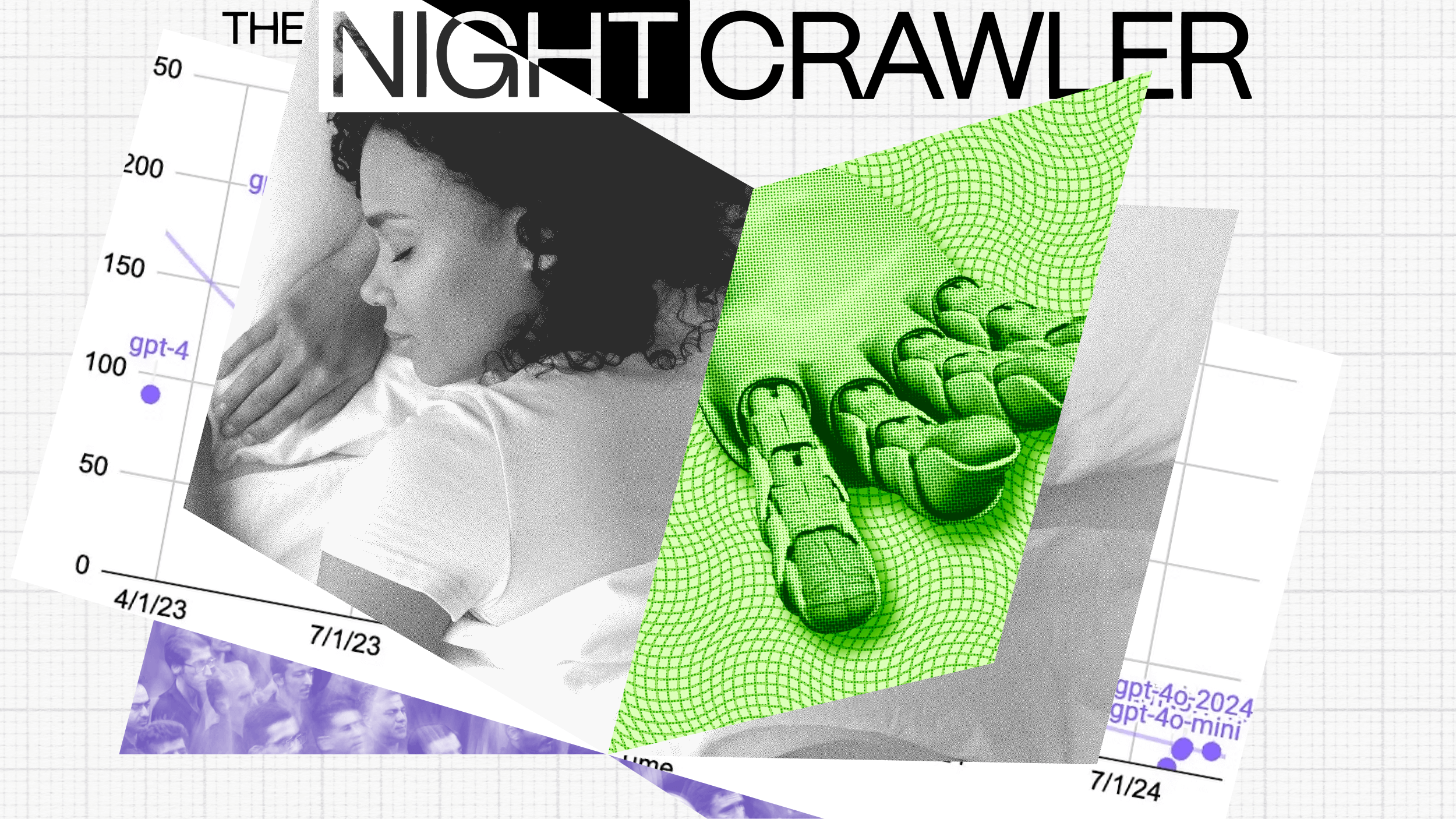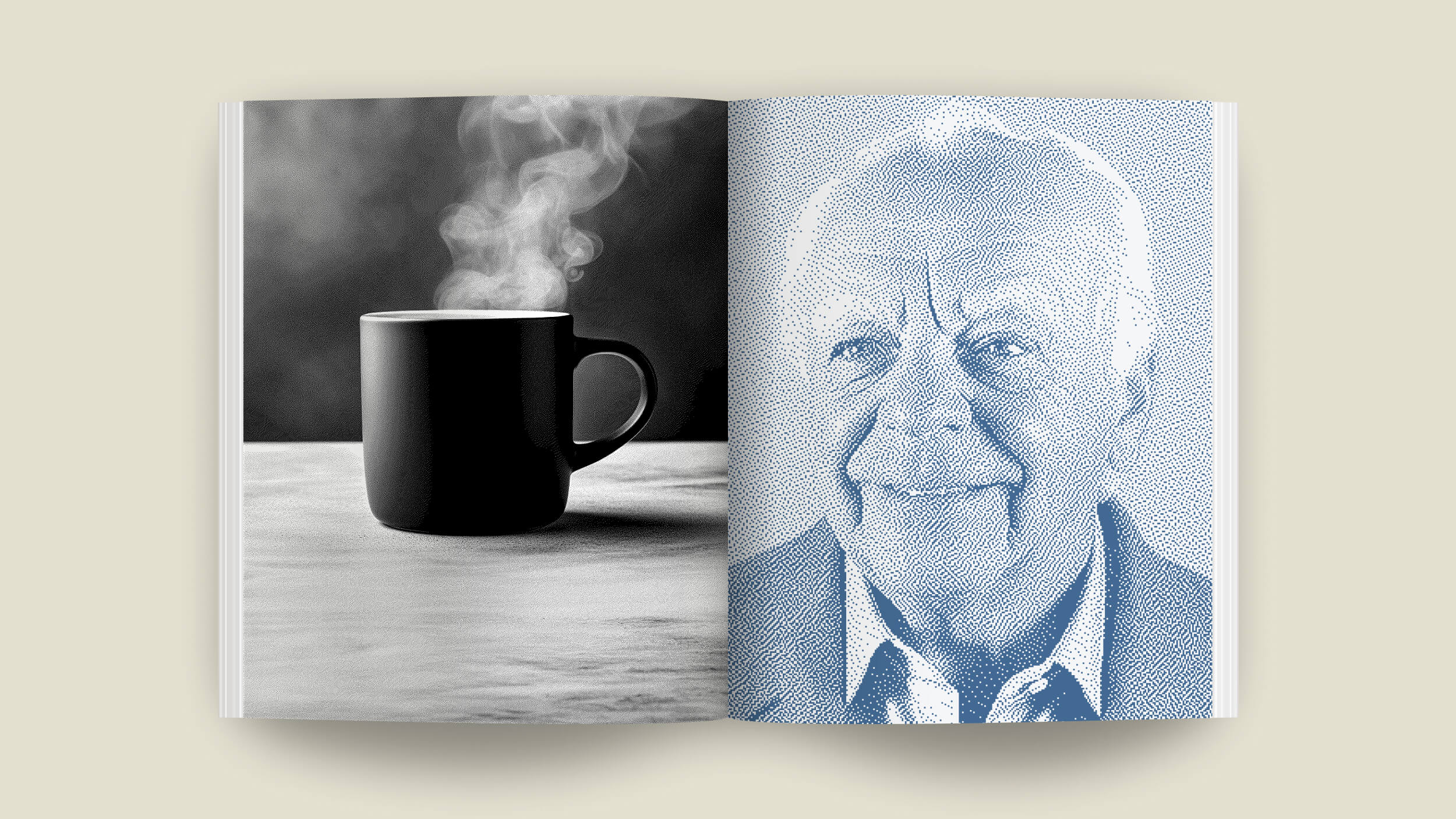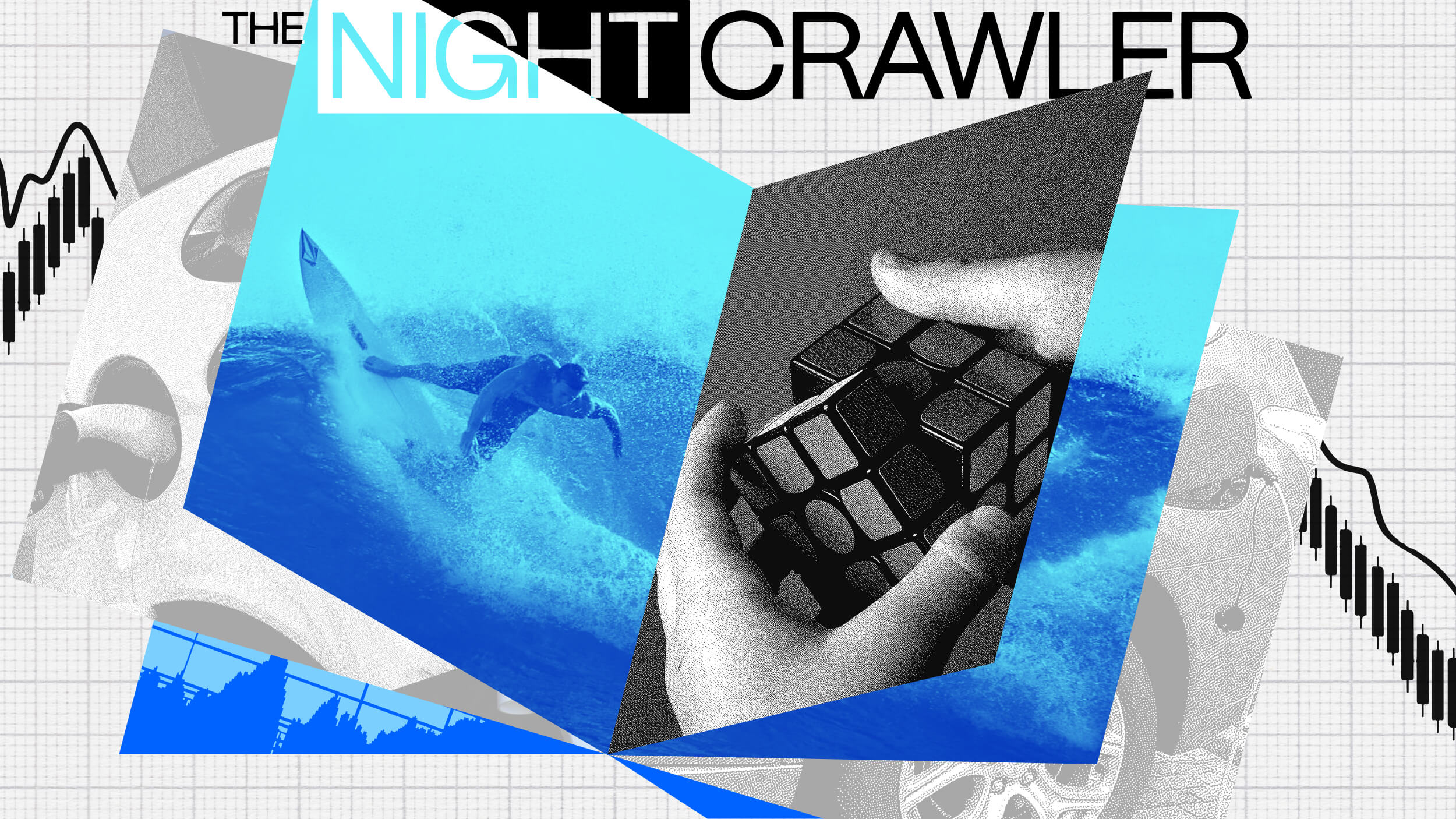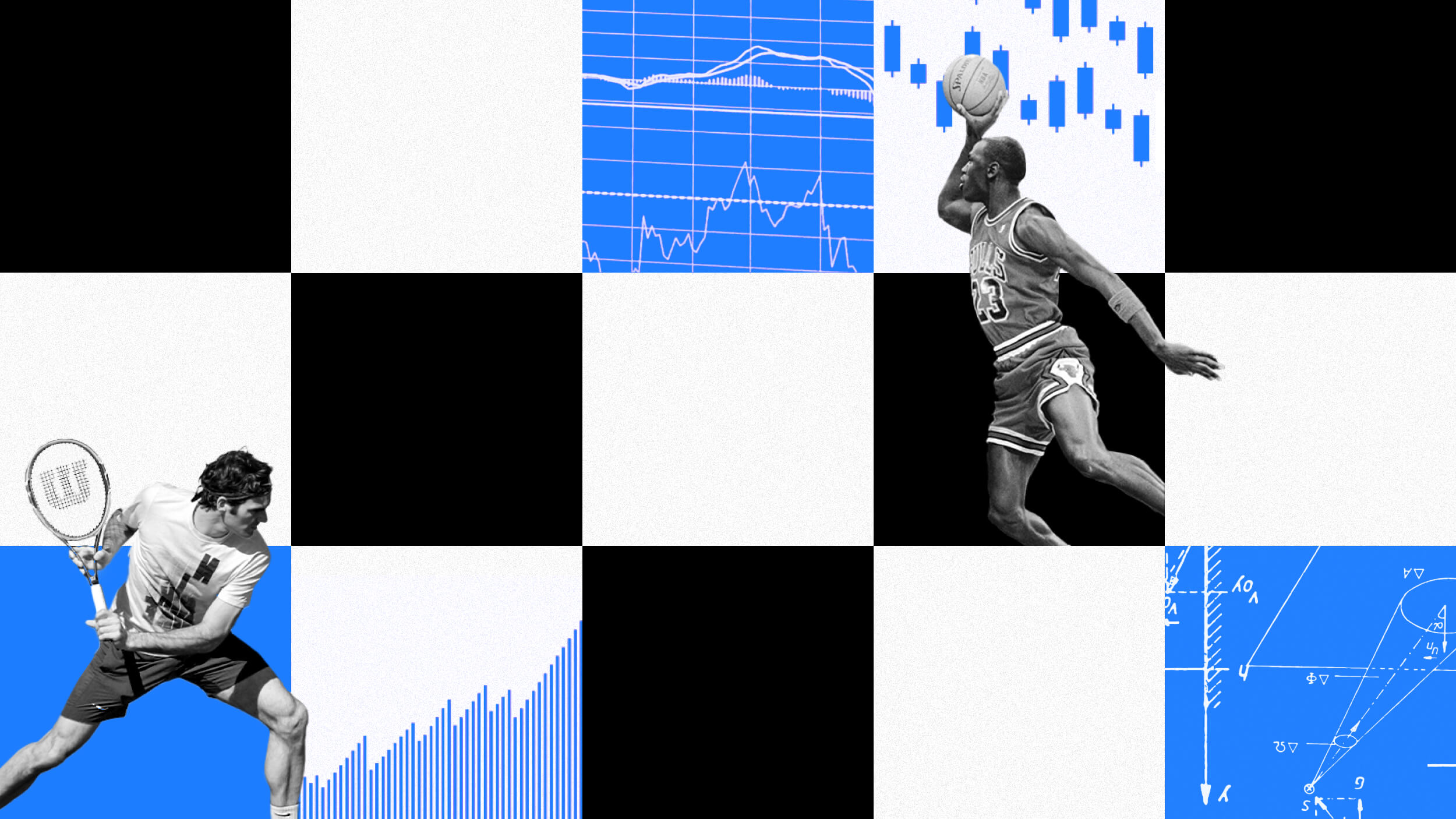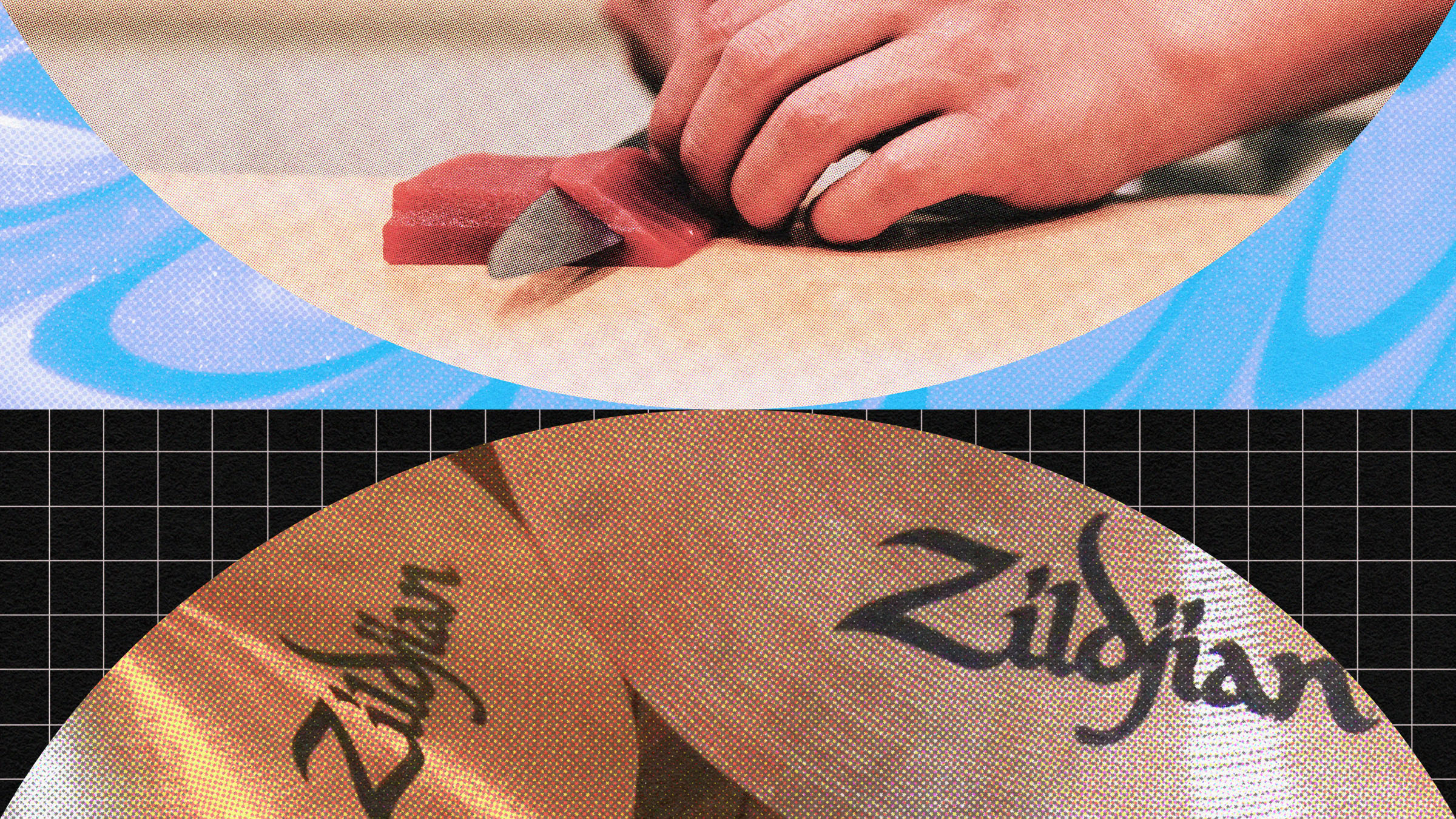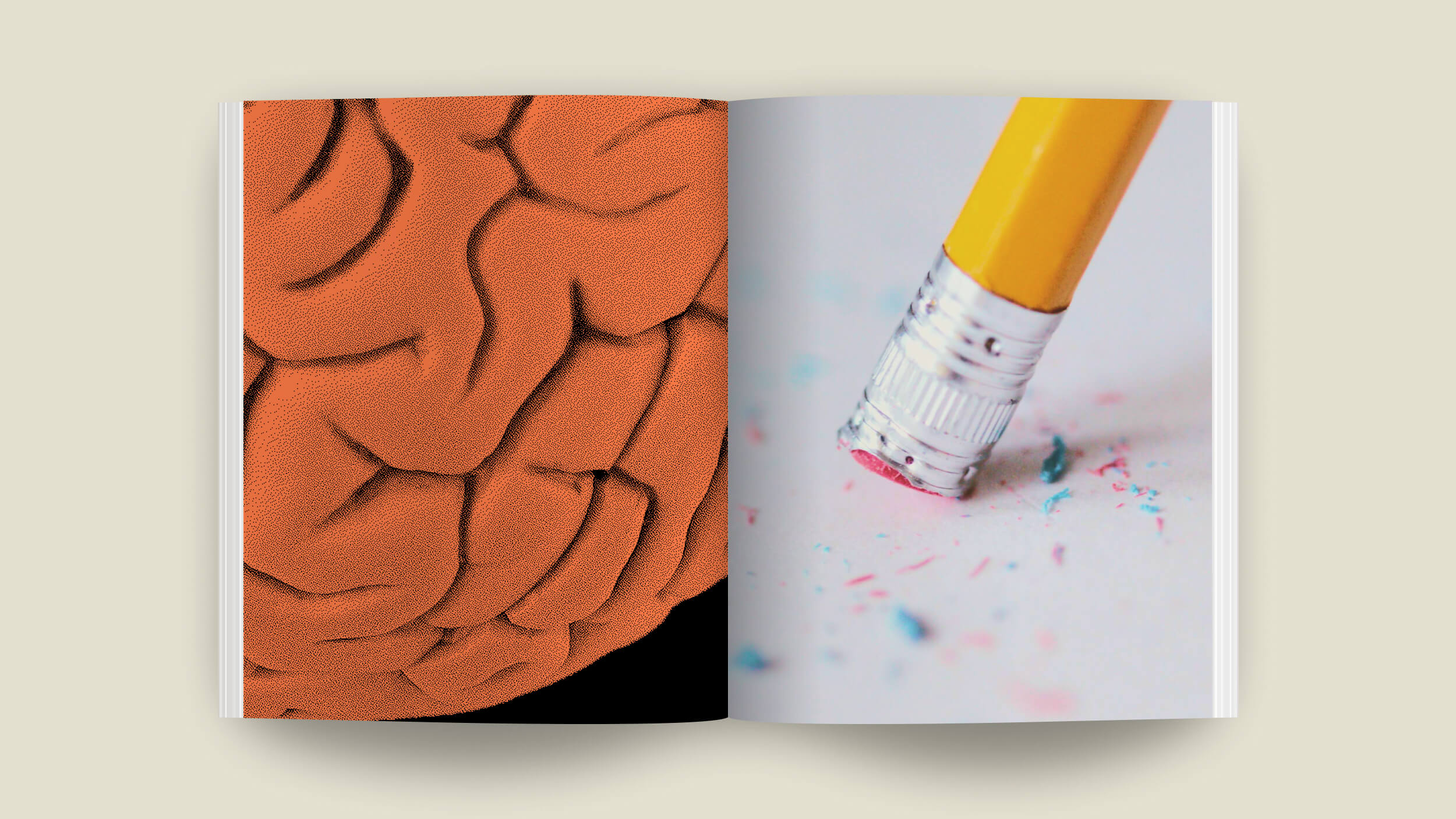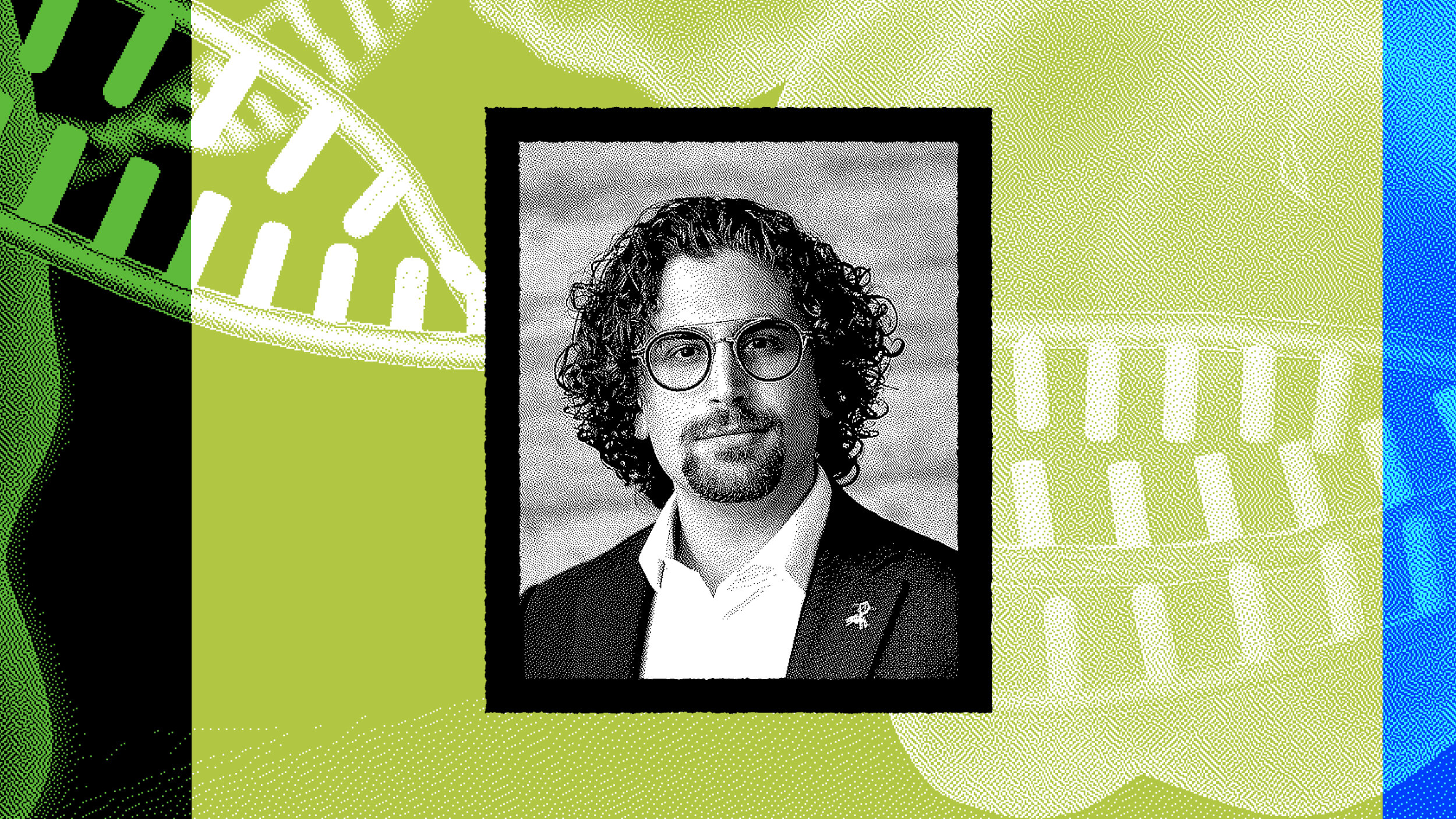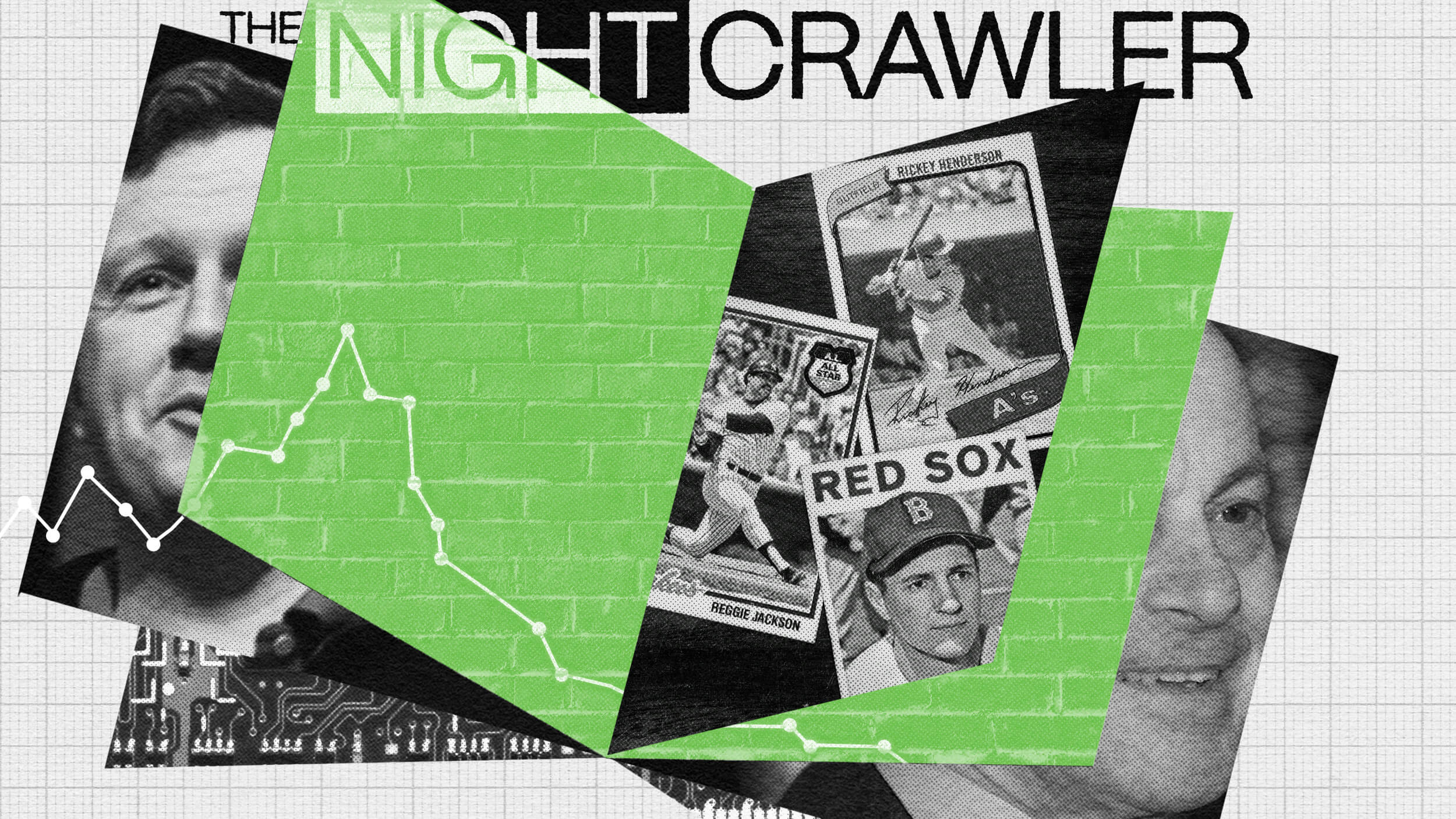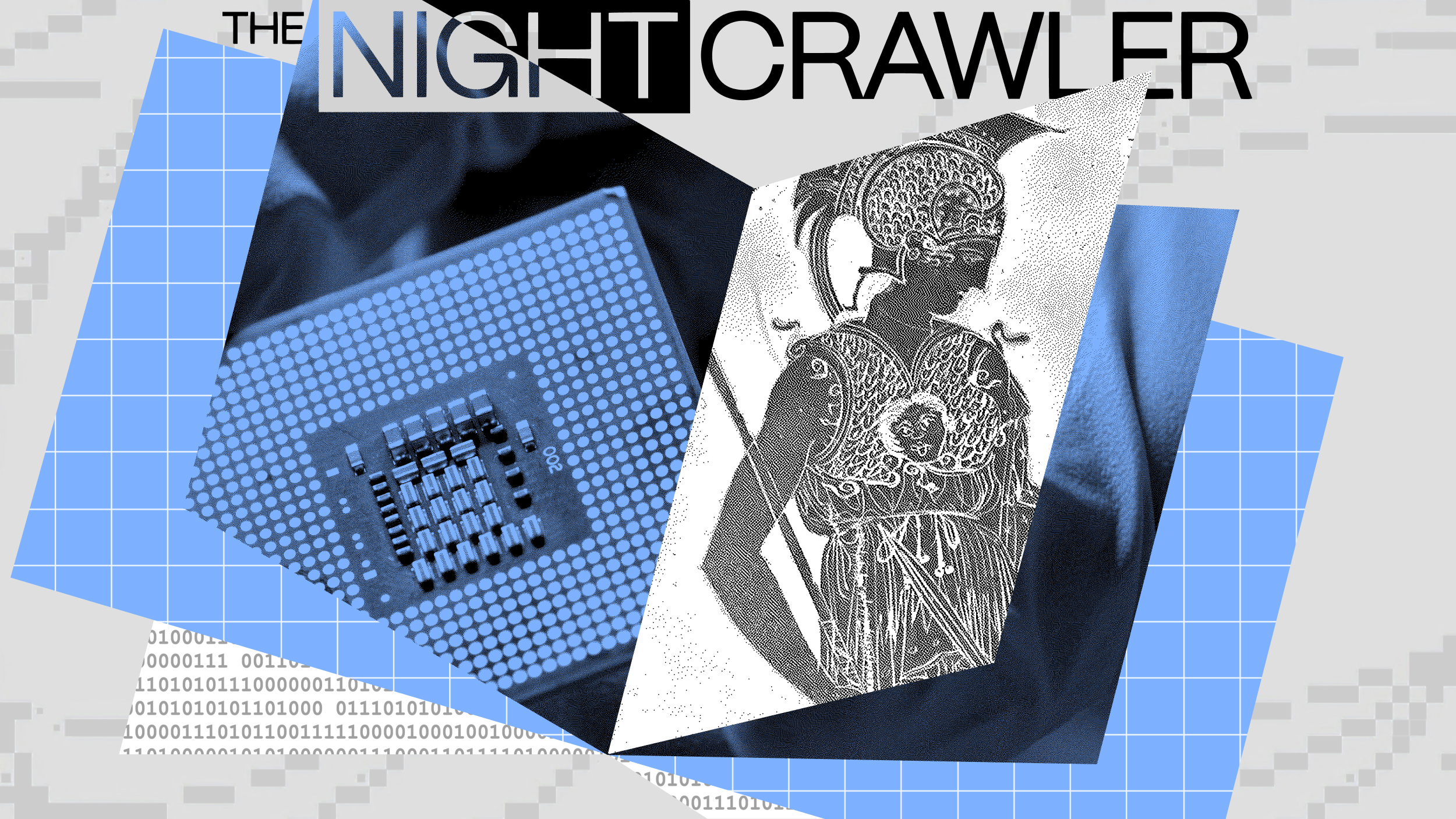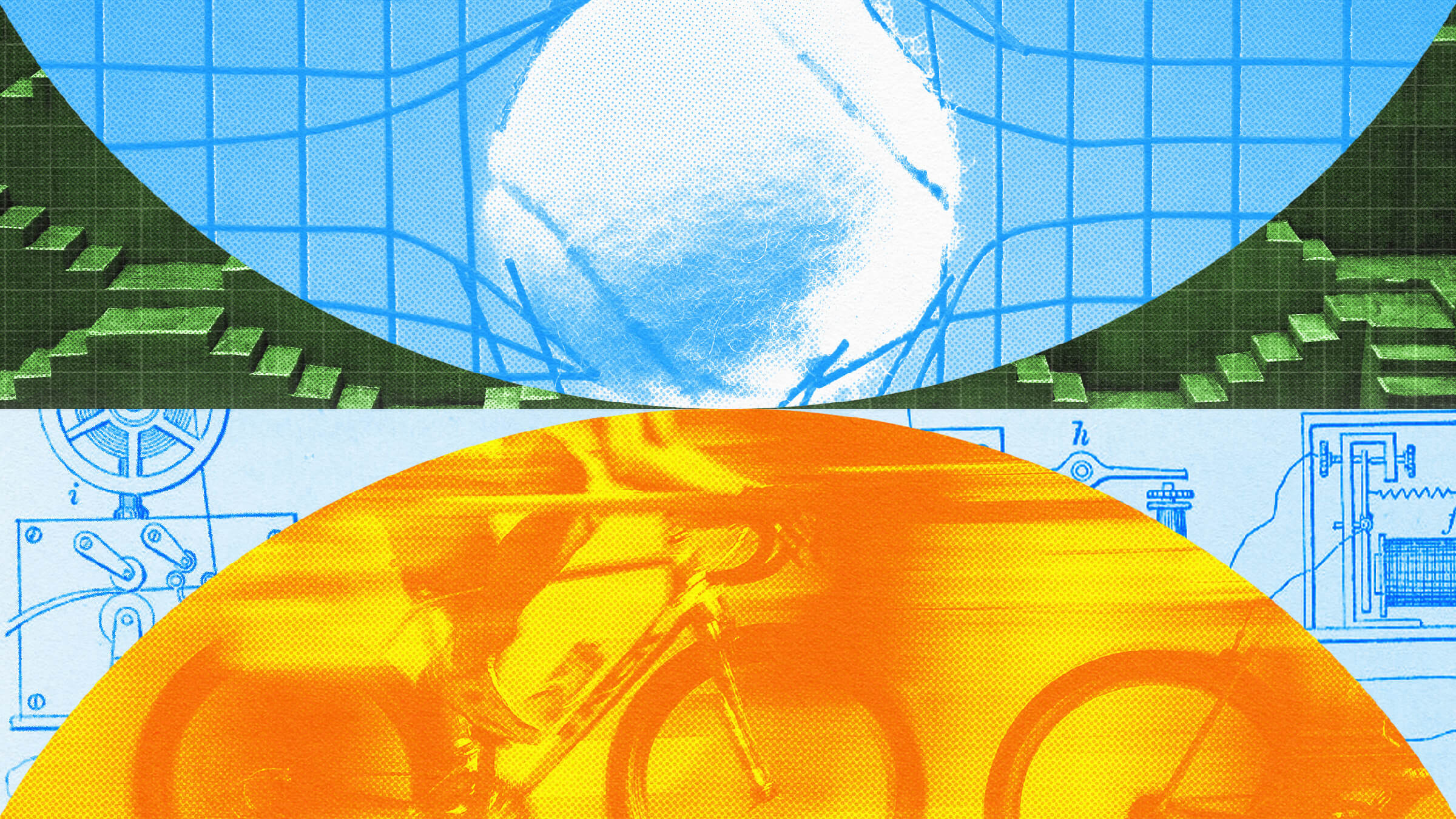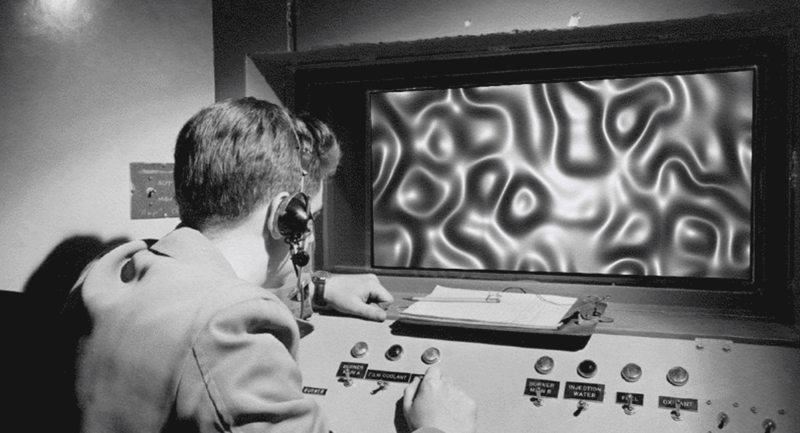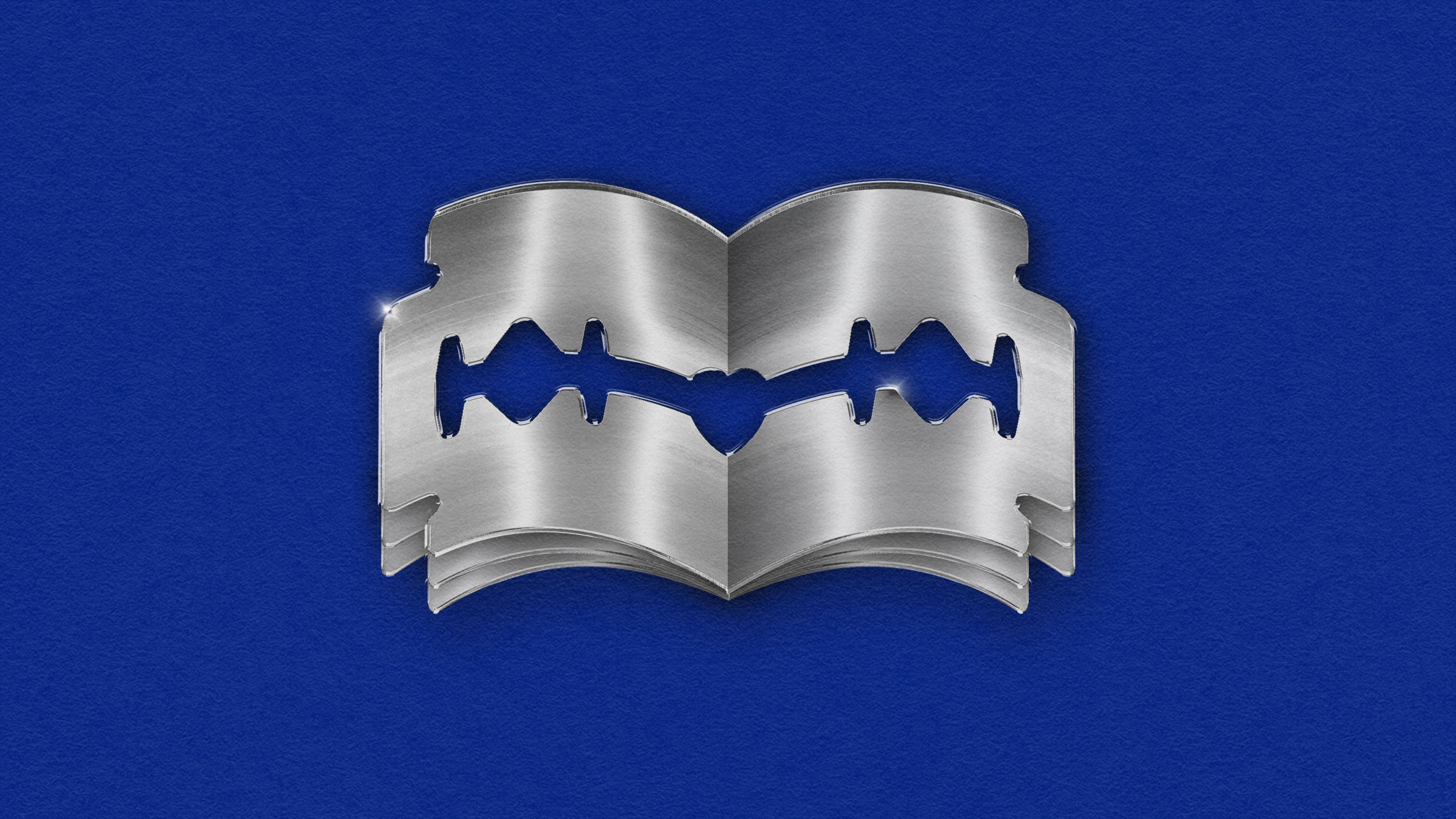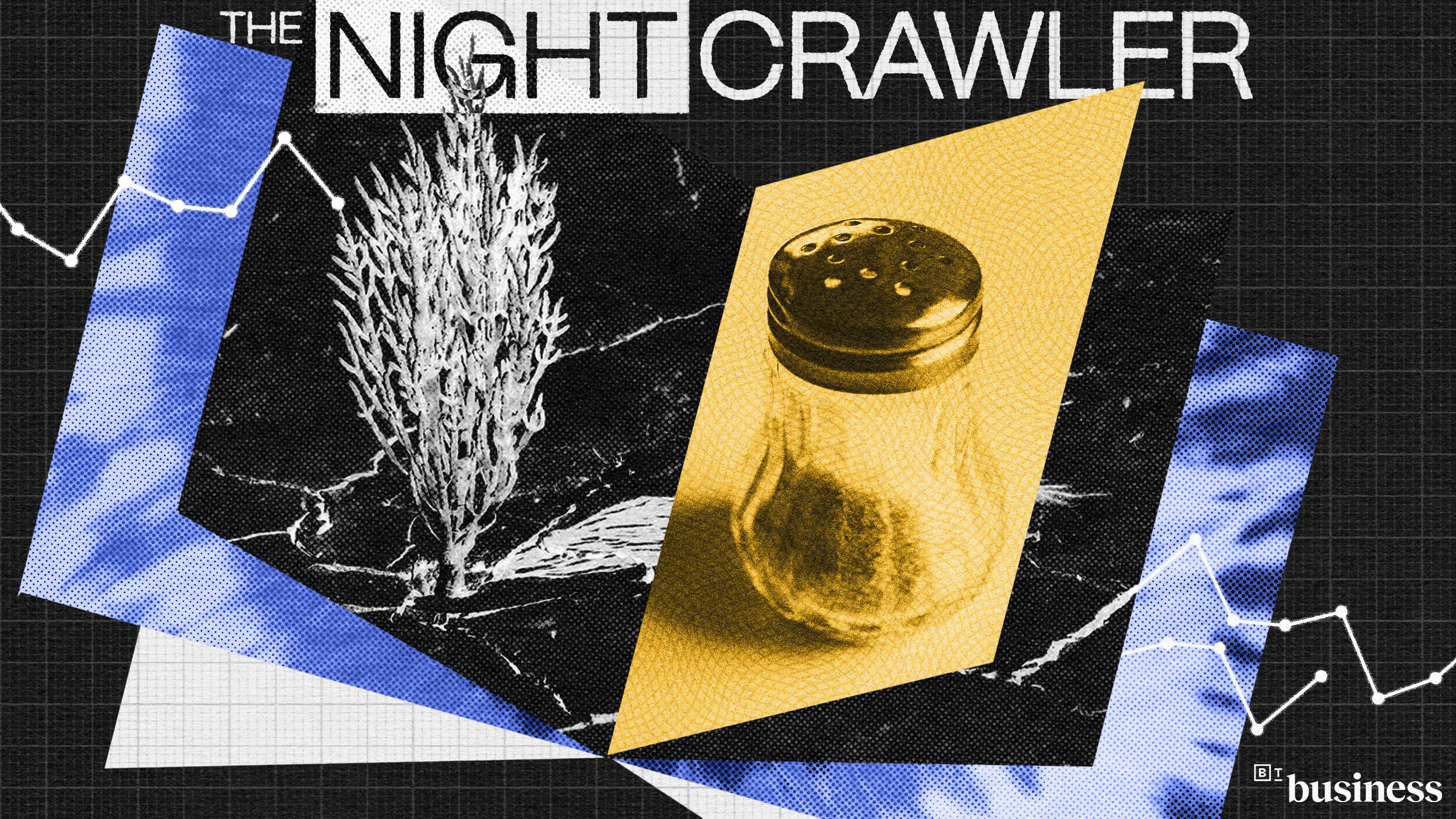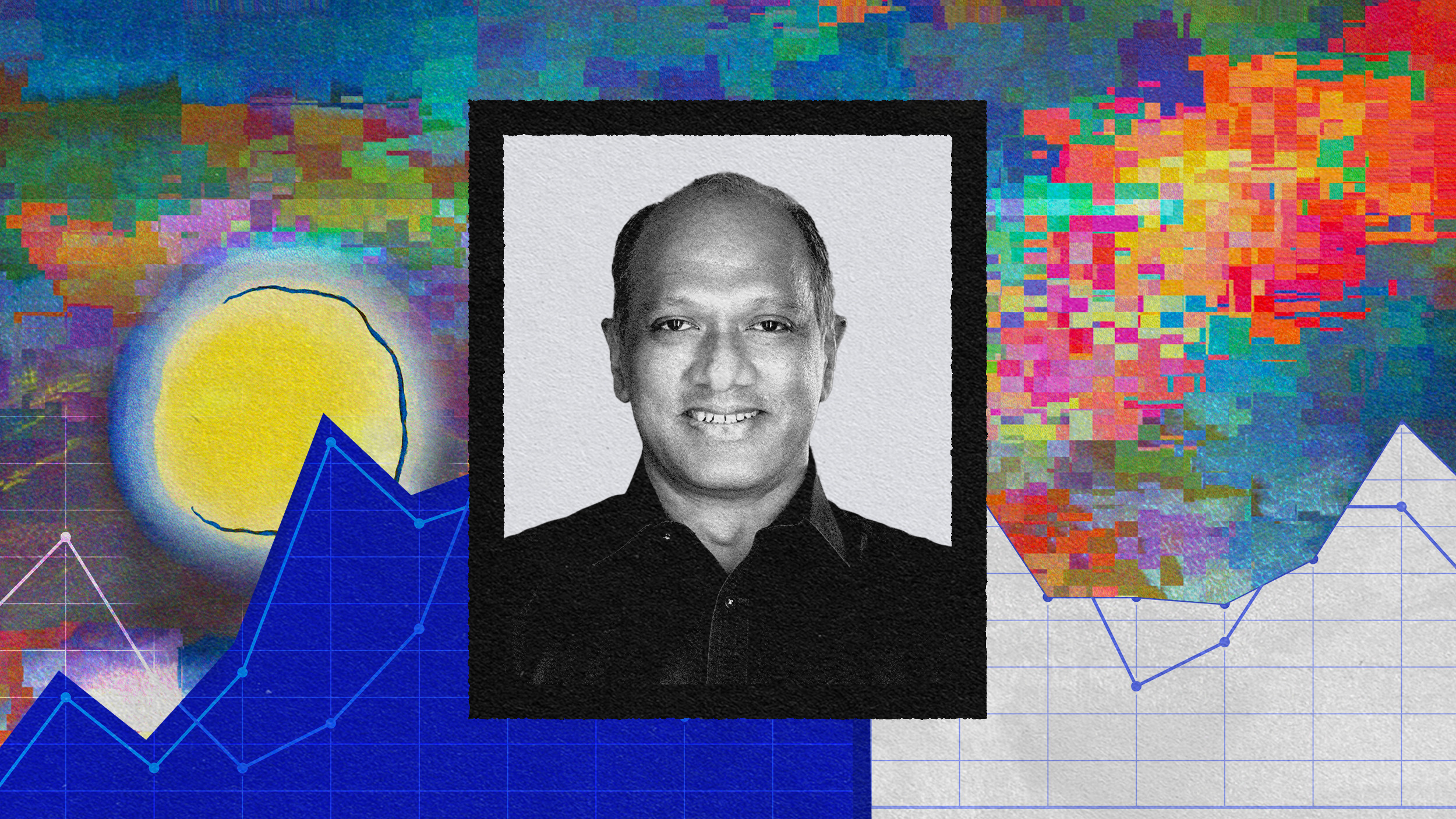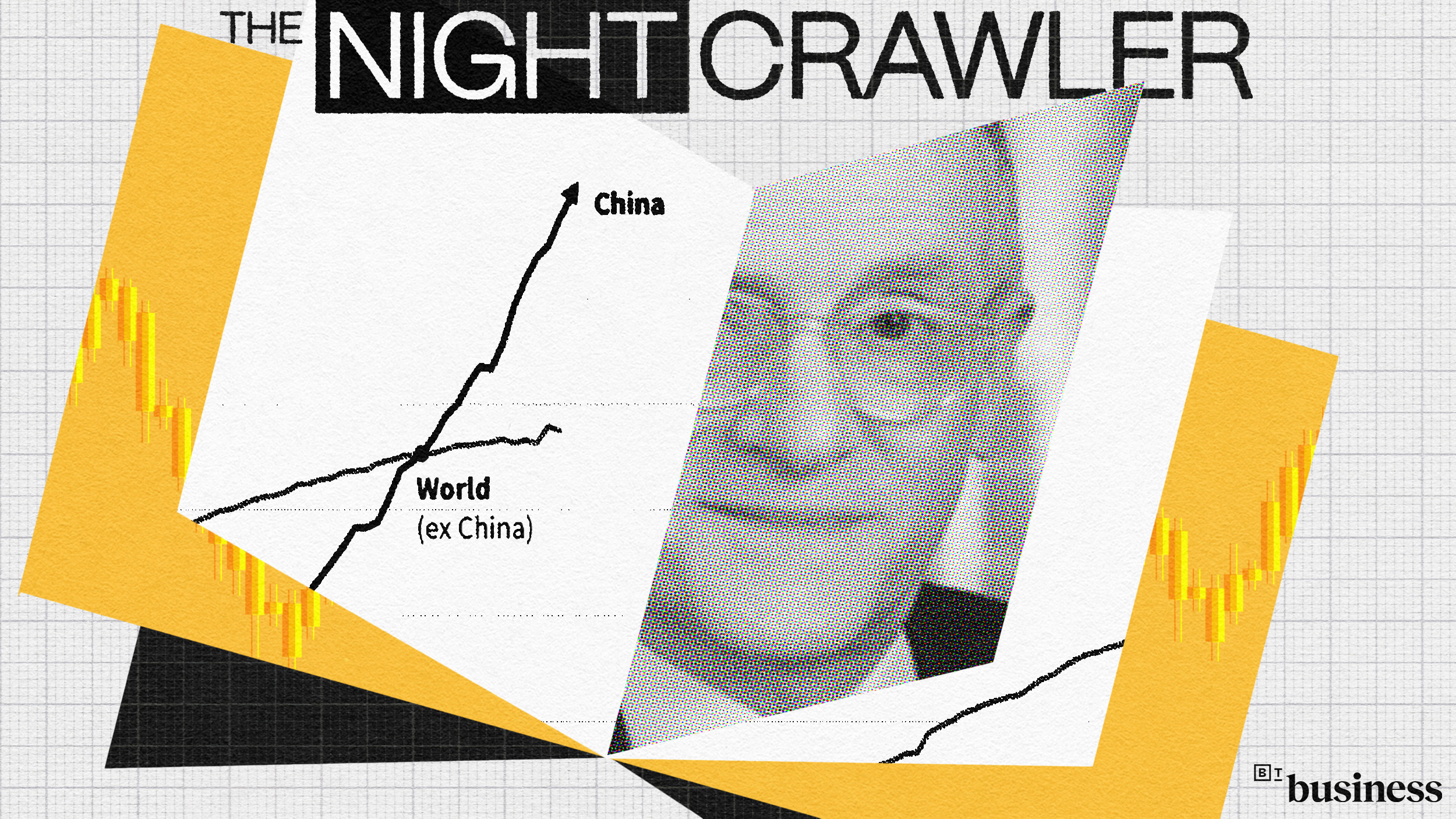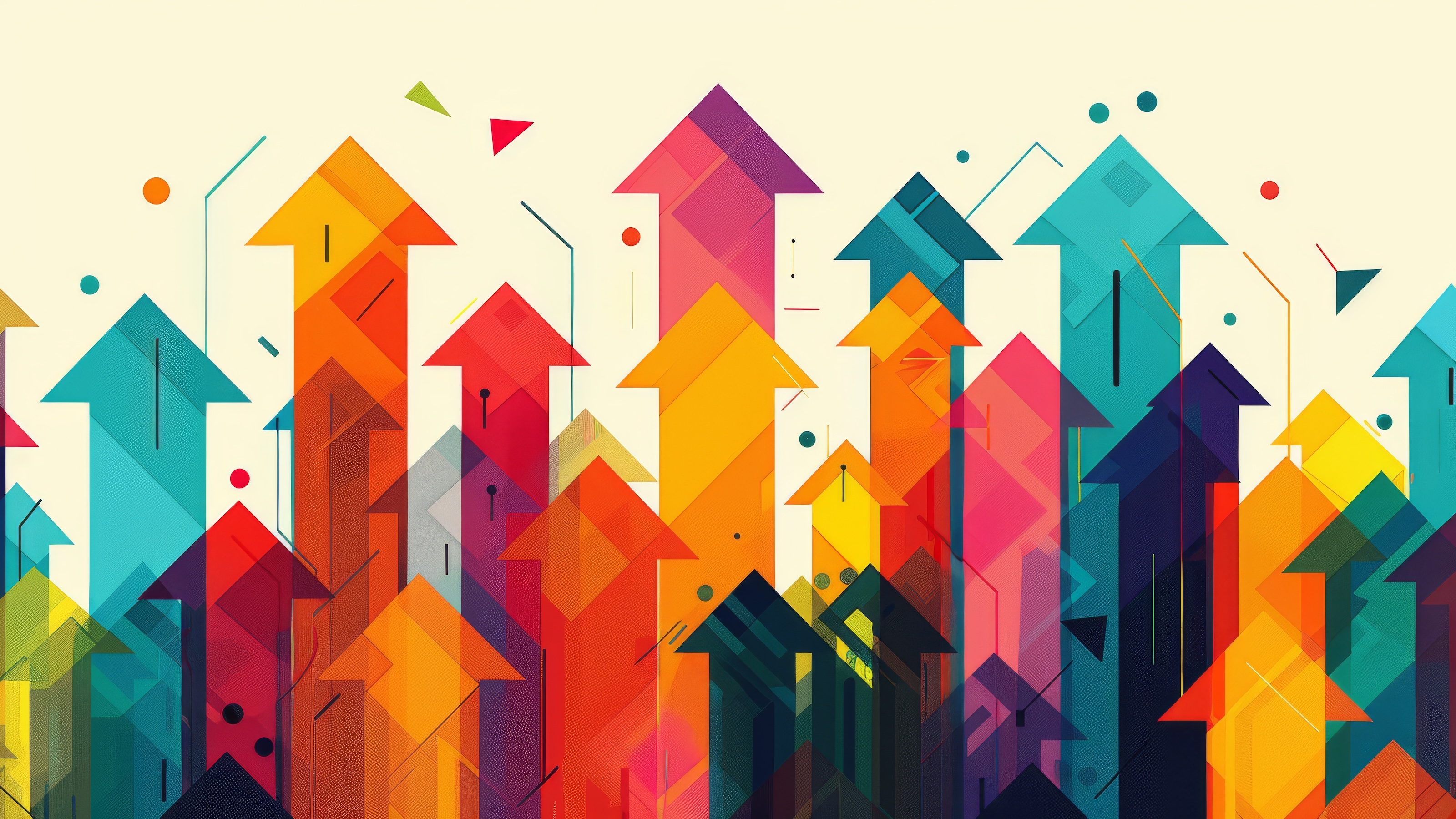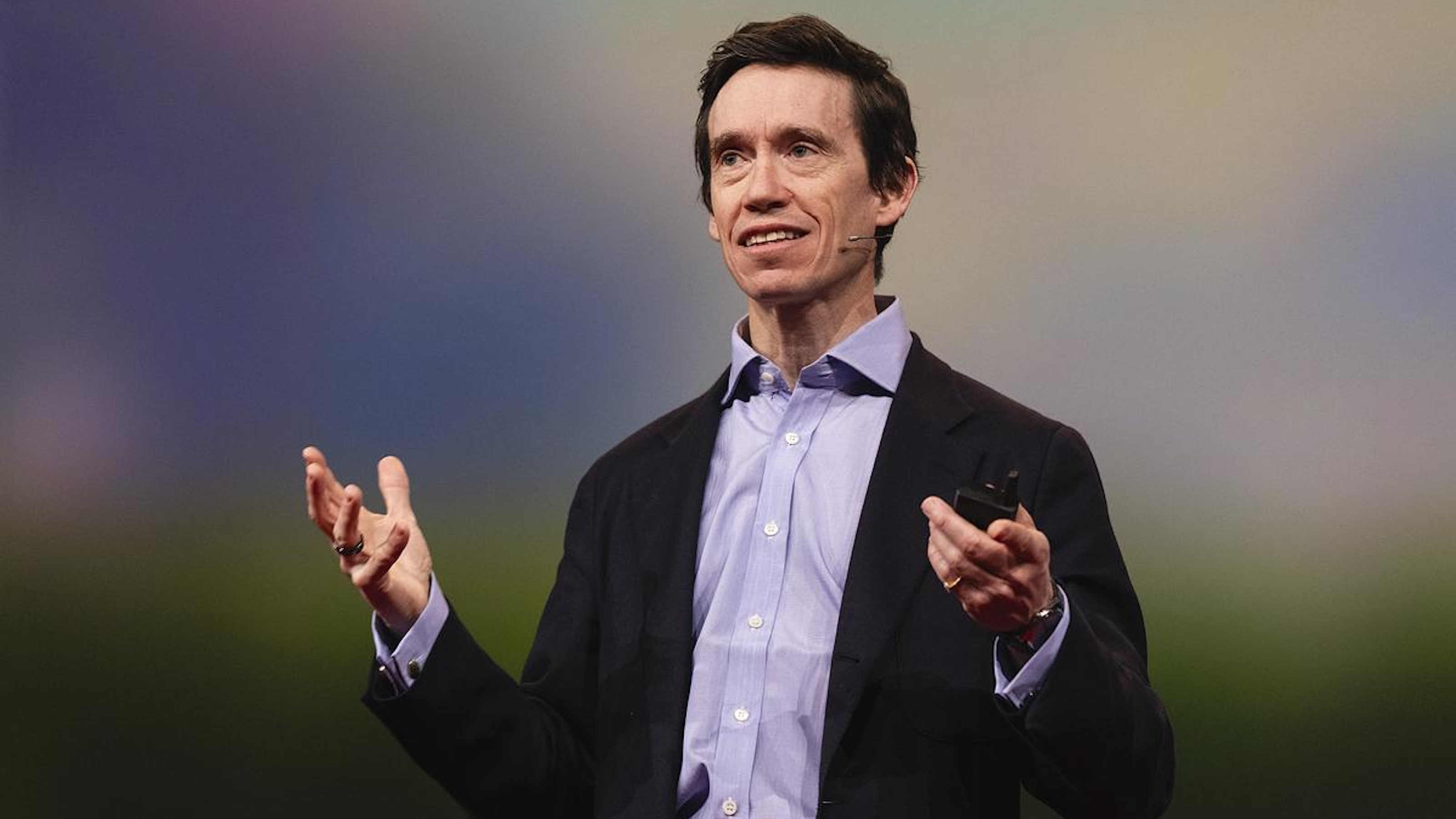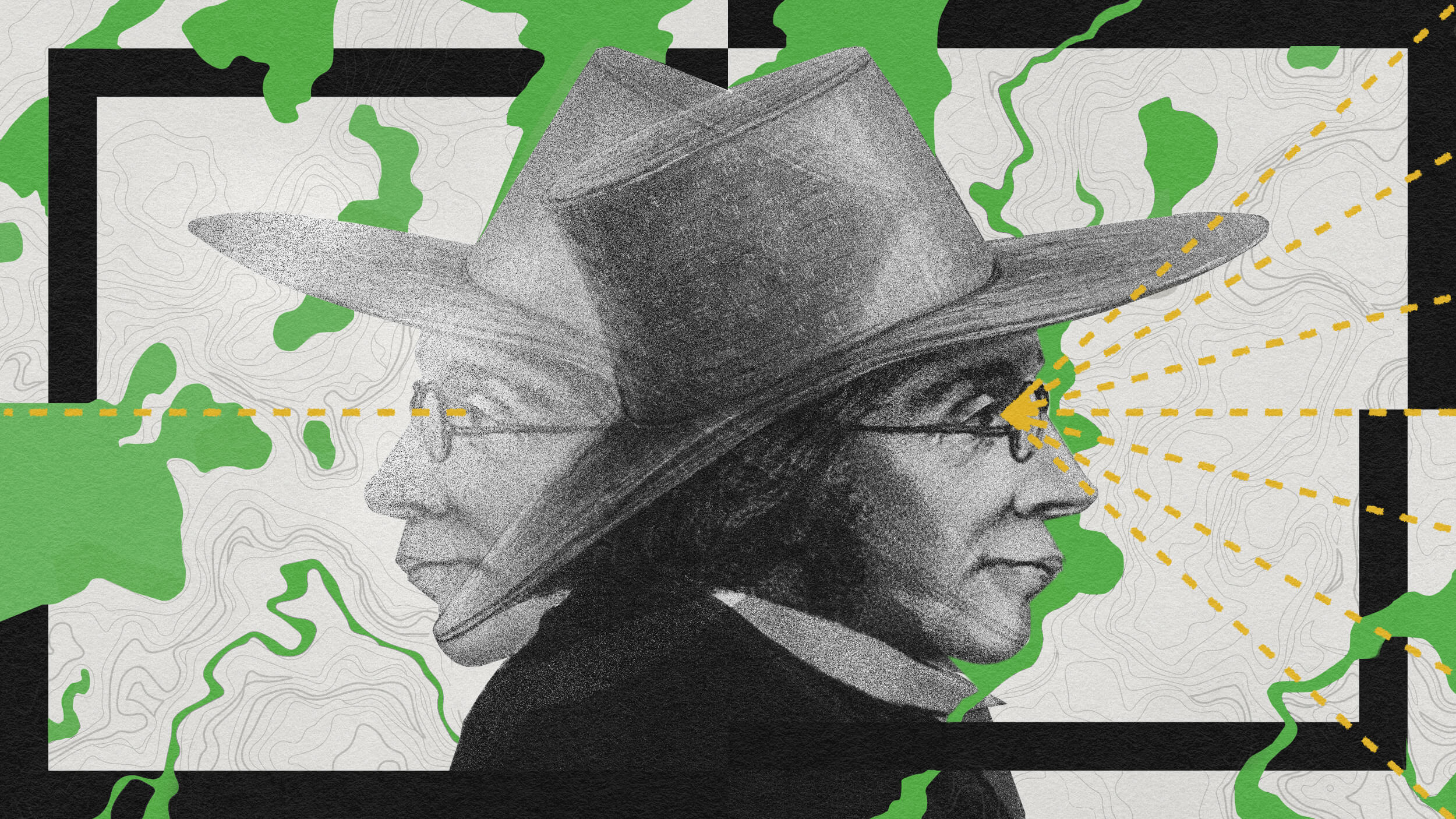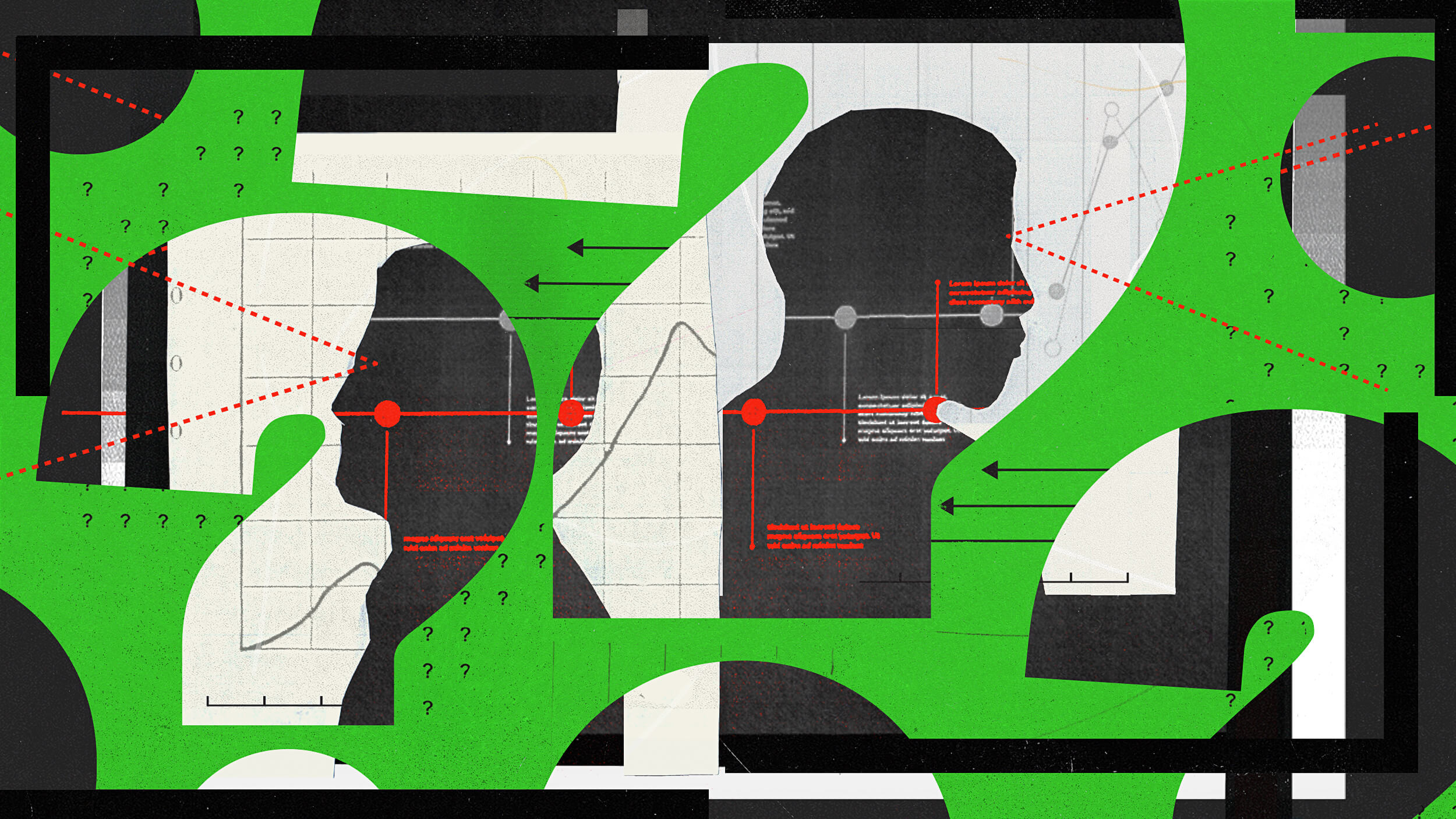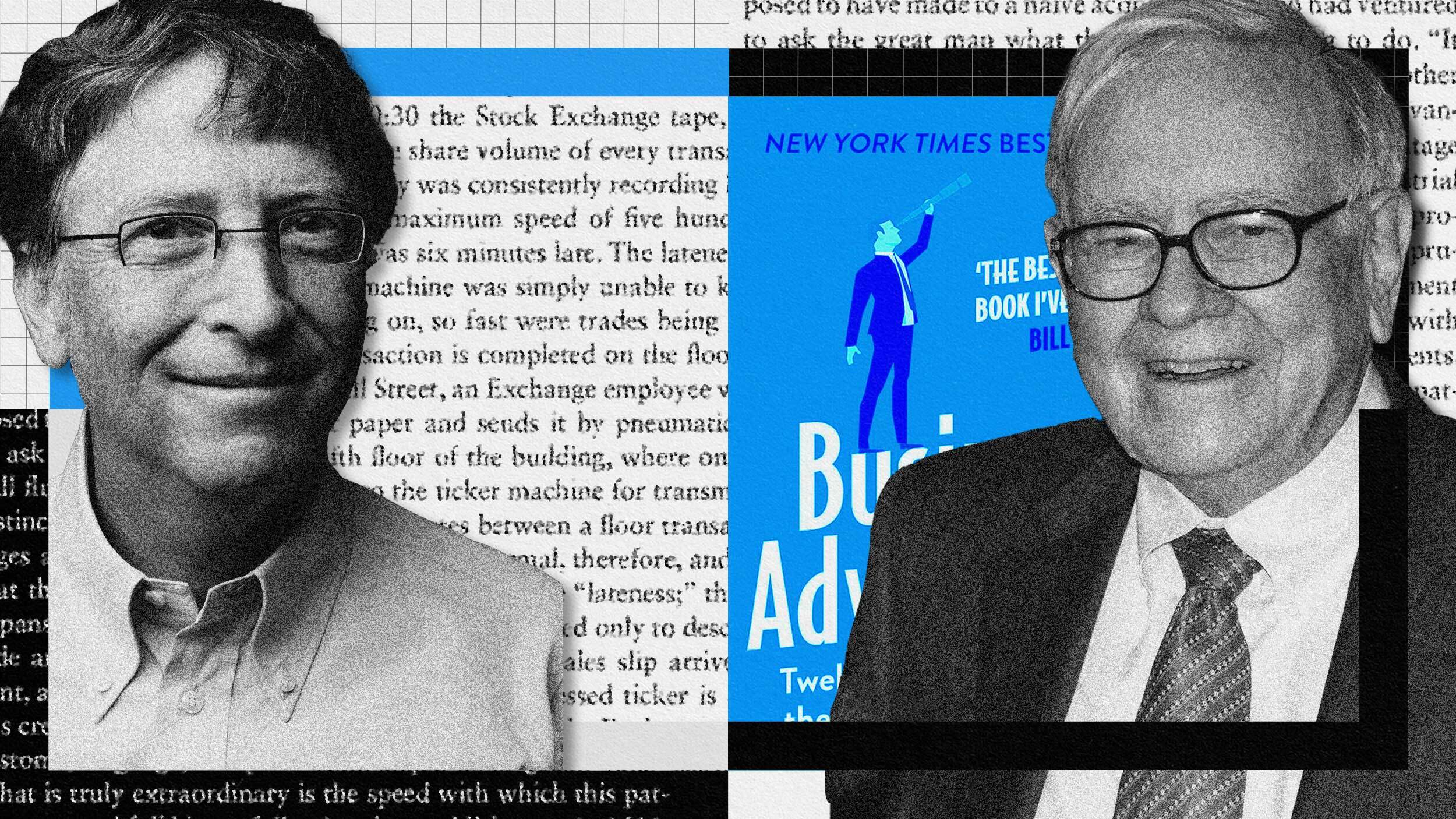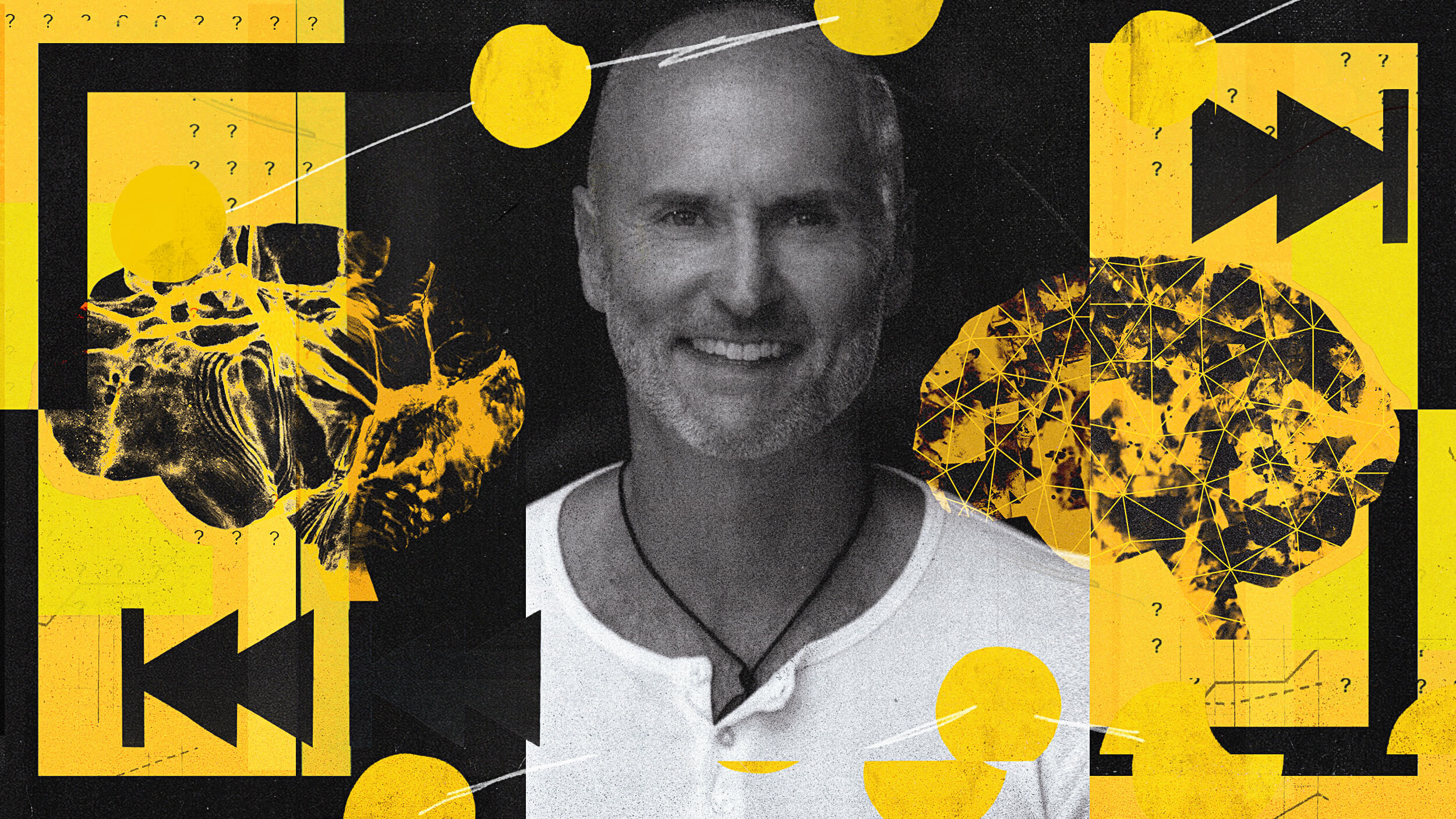problem solving
Welcome to The Nightcrawler — a weekly newsletter from Eric Markowitz covering tech, innovation, and long-term thinking.
Why “audio gaps” in video meetings wear us out — and why we need the meaningful relationships forged in communal workspaces.
Welcome to The Nightcrawler — a weekly newsletter from Eric Markowitz covering tech, innovation, and long-term thinking.
Anne-Marie Rosser — CEO of creative agency VSA Partners — shares her cross-generational vision for a new brand of leadership.
Mike Bechtel, chief futurist with Deloitte Consulting LLP, joins Big Think for a wide-ranging look at what’s next — and why.
It’s hard to know what other people know. But it’s not impossible.
Welcome to The Nightcrawler — a weekly newsletter from Eric Markowitz covering tech, innovation, and long-term thinking.
Why Bob Stiller — founder and former CEO of billion-dollar beverage company Green Mountain Coffee Roasters — believes shared learnings are a win-win.
Welcome to The Nightcrawler — a weekly newsletter from Eric Markowitz covering tech, innovation, and long-term thinking.
How Daniel Kahneman and Amos Tversky cracked open behavioral economics and enlightened all our choices.
In a world of distractions, several remarkable companies show why focus is the ultimate strategy for endurance.
By unlearning old leadership mindsets, cultures, and assumptions we can move from Industrial Age thinking to Intelligence Age thinking.
Benjamin Oakes — CEO of buzz-worthy biotech company Scribe Therapeutics — joins Big Think for a chat about innovation, human endeavor, and more.
Welcome to The Nightcrawler — a weekly newsletter from Eric Markowitz covering tech, innovation, and long-term thinking.
Welcome to The Nightcrawler — a weekly newsletter from Eric Markowitz covering tech, innovation, and long-term thinking.
For extraordinary long-term success in business we can look to insights from British Olympic cycling, Roger Federer and neuroeconomics.
We can address the misalignment between the current leadership reality and traditional leadership practices with a simple formula.
Some news is slow, some news is fast — and there are two simple techniques to help you filter both.
Welcome to The Nightcrawler — a weekly newsletter from Eric Markowitz covering tech, innovation, and long-term thinking.
Vijay Tella — CEO of enterprise orchestration unicorn Workato — joins Big Think Business for an exploration of our “agentic” future.
Welcome to the Big Think debut of The Nightcrawler — a weekly newsletter from Eric Markowitz covering tech, innovation, and long-term thinking.
In new business use cases where AI is the default, the potential results are phenomenal — but humans should play a key strategic role.
Big Think guest writer Rory Stewart — former UK Secretary of State for International Development and co-host of The Rest Is Politics podcast — made a profound discovery about leadership while working with GiveDirectly.
The Danish philosopher’s simple paradox — living forwards while looking backwards — can be translated into golden business insights.
AI researcher and author Ken Stanley wonders how our rear-view perspective on success fits into a serendipitous mode of innovation.
Carving out time for useful reflection is among the most valuable of leadership disciplines, explains “questionologist” Warren Berger.
“Business Adventures” by John Brooks was first published in 1969 and remains a must-read for all CEOs.
Chip Conley — founder and CEO of JDV Hospitality and Airbnb’s former Head of Global Hospitality and Strategy — maps out an inclusive path from hindsight to wisdom.
David Novak — the cofounder, and former CEO and chairman, of Yum! Brands — celebrates the benefits of active, lifelong learning.
Why the best entrepreneurs should be more Obi-Wan Kenobi than Luke Skywalker.
